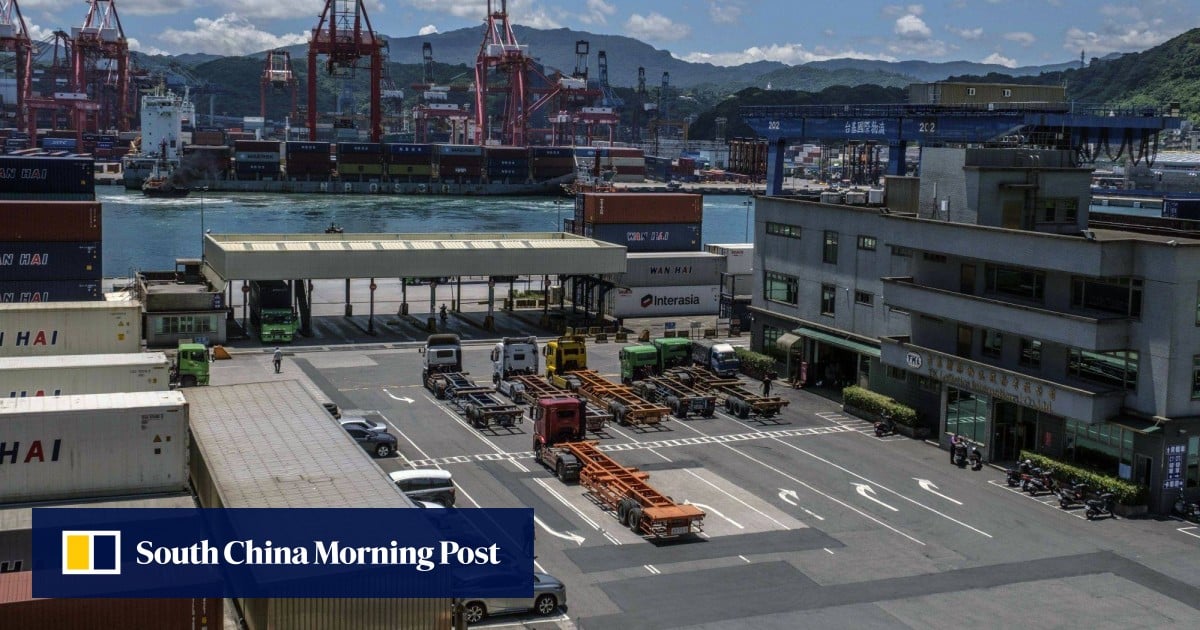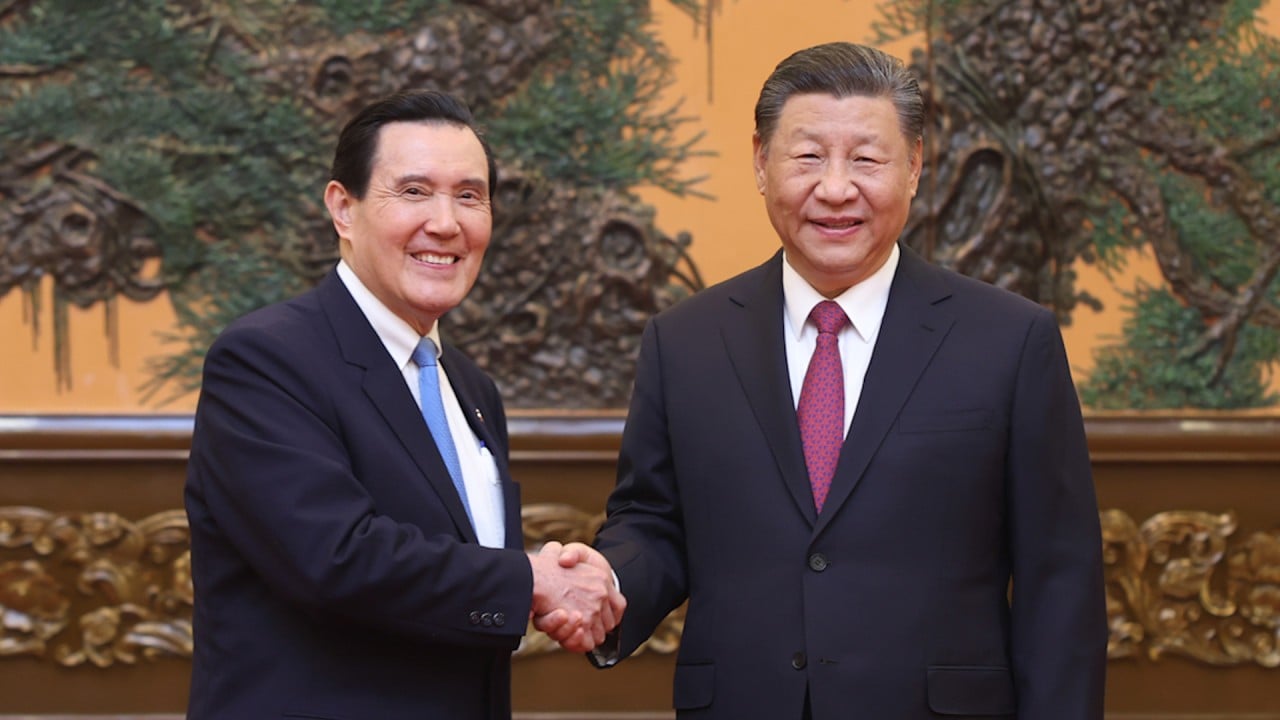In “brief but busy” sessions this week, the two sides discussed labour rights, the promotion of “green enterprises”, agricultural laws and food safety, the Taiwanese team said in a statement on Friday, adding the two sides “increased mutual understanding”.
Reaching an agreement on the second phase will be harder than negotiations for the first
Before the talks, the US had raised the labour and environmental practices of the giant Taiwanese distant-water fishing fleet as areas of concern. The two sides anticipate meeting again to pursue further agreement, the statement added.
“Reaching an agreement on the second phase will be harder than negotiations for the first,” said Denny Roy, a senior fellow at the East-West Centre think tank in Hawaii.
“The initiative intentionally sets an agenda of dealing with the lower-hanging fruit first and the harder issues later.”
Two-way trade totalled US$116.8 billion last year, Taiwan customs data showed.
American businesses would be able to sell more products in Taiwan as a result of phase one of the deal, the USTR said last week.
But where Taiwan’s distant-water fishing is concerned, circumstances are thornier. The US Department of Labour lists the fish caught by the fleet as goods produced by minors or under forced conditions.
Fishing boat workers are normally migrants from Indonesia, Vietnam and the Philippines.
Tensions? What tensions? Taiwanese opt for mainland products – at the right price
Tensions? What tensions? Taiwanese opt for mainland products – at the right price
The US has asked Taiwan to improve labour “guarantees” and conditions aboard fishing vessels, according to a statement from the Taiwan negotiation office on its website.
On the environmental front, the US wants Taiwan to crack down on illegal fishing and “overfishing” that Washington attributes to subsidies, the statement added.
Taiwan’s distant-water fleet numbers about 2,000 vessels with a value of NT$44.6 billion (US$1.4 billion) per year, according to the island’s Fisheries Agency.
A two-year-old agency “action plan” for human rights advocates raising wages, adding health benefits and increasing the frequency of labour-related inspections.
The government “aims to enhance” related laws, the agency said in a statement on Thursday.
The US is separately asking Taiwan to “improve transparency of the legal process” for agricultural imports and step up the use of “science”, the Taiwan negotiation office statement said.
Taiwan had vexed the US with curbs on pork imports over fears that the pig feed additive ractopamine would harm human health.
Negotiators in Taiwan are also mindful of domestic concerns that US companies may look to the island for “cheaper high-quality labour” via the trade pact, said Hu Jin-li, a professor with the Institute of Business and Management at National Yang Ming Chiao Tung University in Taipei.
That trend could “worsen the working environments and make real wages stay stagnant in Taiwan”, Hu said.
Mainland China is watching for any trade deal that sidelines its role in Taiwan’s economic affairs by binding the island closer to the United States, analysts said.
Beijing sees Taiwan as part of China to be reunited by force if necessary. Most countries, including the US, do not recognise Taiwan as an independent state, but Washington is opposed to any attempt to take the self-governed island by force and is committed to supplying it with weapons.
The mainland opposes any foreign official engagement with Taiwan, but the island’s relations with the US have strengthened since the Donald Trump era, especially after 2022, the year the two sides agreed to pursue a trade deal.
‘Vitally important’ US keep status quo on Taiwan policy: senior diplomat
‘Vitally important’ US keep status quo on Taiwan policy: senior diplomat
“[Mainland] China will condemn any deals reached and oppose its result because it not only conveys a sense of official relationship between US and Taiwan, but also offers Taiwan more alternatives beyond mainland China,” said Yun Sun, director of the China programme at the Stimson Centre think tank in Washington.
Because of the gravity of topics on the table, signing the next phase in the agreement may require another round of talks, Sun said.


